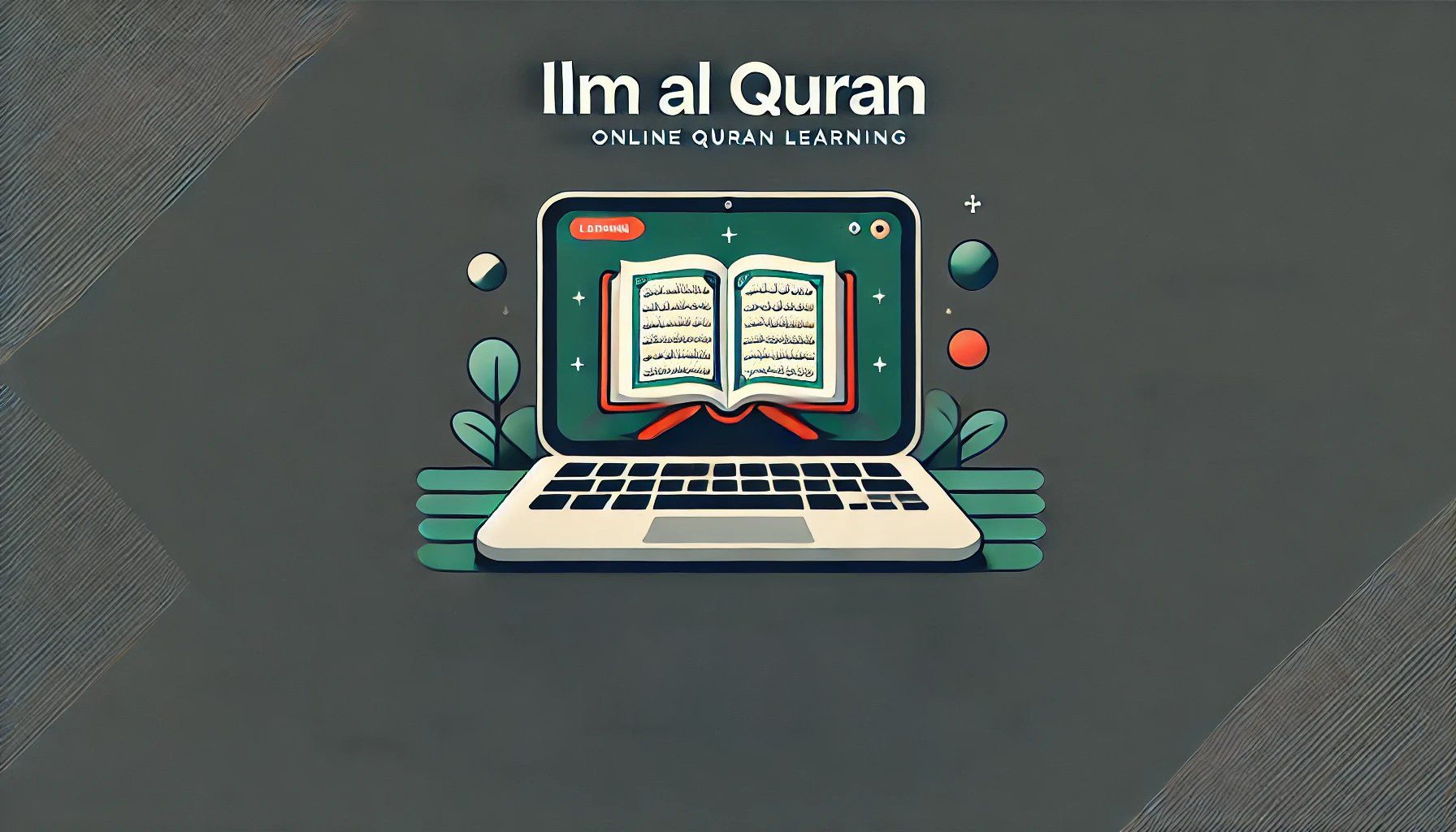
The Importance of Tarjama and Tafseer e Quran
The Quran is a divine revelation, serving as a comprehensive guide for humanity. Understanding its meanings is vital for Muslims to live according to its teachings. This is where Tarjama (translation) and Tafseer (exegesis) play a crucial role. Below, we delve into their significance and contributions to Islamic learning.
What is Tarjama?
Tarjama refers to the translation of the Quran from Arabic into other languages. Since the Quran was revealed in Arabic, many non-Arabic-speaking Muslims rely on translations to comprehend its content. While translations cannot fully capture the linguistic beauty and depth of the original text, they provide access to its basic meanings and messages.
Key Points about Tarjama:
- Accessibility: Translations make the Quran understandable to a global audience.
- Preservation of Message: Helps preserve the universal message of Islam across cultures.
- Educational Tool: Acts as a resource for those beginning their journey of Quranic understanding.
What is Tafseer?
Tafseer is the detailed explanation or interpretation of the Quran. It clarifies verses by exploring linguistic, historical, and contextual meanings. Tafseer bridges the gap between the divine message and human understanding, addressing complexities in the Quranic text.
Key Features of Tafseer:
- Contextual Clarity: Provides historical and cultural background to verses.
- Linguistic Analysis: Explores the nuances of Quranic Arabic.
- Guidance for Application: Helps interpret verses for contemporary issues and challenges.
- Scholarly Depth: Draws from Hadith, the sayings of Prophet Muhammad (PBUH), and insights from Islamic scholars.
Why Are Tarjama and Tafseer Crucial?
-
Enhancing Understanding of Faith
Both tools enable Muslims to grasp the profound teachings of the Quran, which strengthens their faith and spiritual connection. -
Promoting Unity
By making the Quran accessible and comprehensible to diverse linguistic and cultural groups, Tarjama and Tafseer foster unity among Muslims worldwide. -
Resolving Misinterpretations
Tafseer addresses ambiguities and ensures the Quran’s verses are interpreted correctly, preventing potential misinterpretations. -
Providing Guidance
The Quran offers solutions to moral, social, and spiritual issues. Tafseer helps contextualize these solutions, making them applicable in today’s world.
Challenges in Tarjama and Tafseer
-
Limitations of Translation
- Some Arabic words have no direct equivalent in other languages.
- Nuances and layers of meaning can be lost in translation.
-
Need for Scholarly Expertise
- Tafseer requires deep knowledge of Quranic sciences, Hadith, and Fiqh (Islamic jurisprudence).
- Misinterpretations by unqualified individuals can lead to confusion.
-
Balancing Tradition and Modernity
- Interpreters must balance traditional understandings with contemporary relevance.
- Over-modernizing interpretations risks losing the original essence of the text.
Conclusion
Tarjama and Tafseer e Quran are indispensable for understanding the Quran’s divine message. They play a pivotal role in bridging linguistic and cultural divides, guiding Muslims to live in harmony with their faith. While challenges exist, the collective efforts of scholars and translators ensure the Quran’s teachings remain accessible and relevant for generations to come. By engaging with both translation and exegesis, Muslims can deepen their connection to Allah and embody the principles of the Quran in their daily lives.



